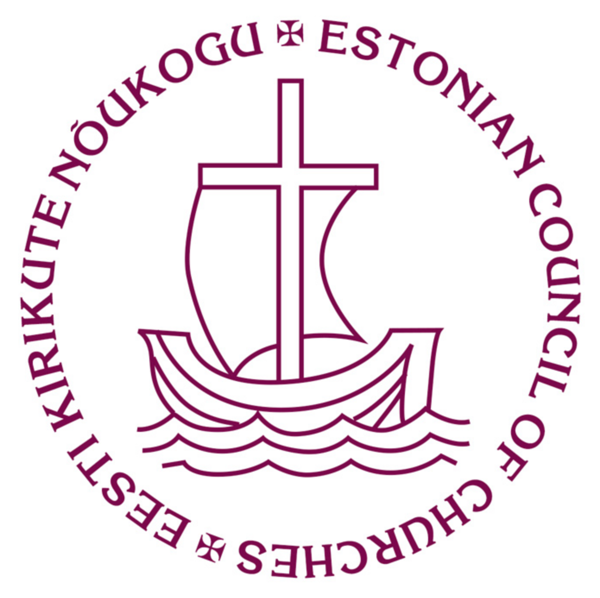The formation of a personality, a collective or a vocation can be seen as a journey from childhood to maturity, from seed to ripe fruit. A newborn baby is ripe to come into the world, a pre-schooler's school maturity is assessed before Year 1, a high school graduate passes maturity exams before receiving a certificate of secondary education. What is maturity?
A ripe fruit is pulled back to earth by gravity. When it falls on fertile soil, new plants are born, repeating the eternal cycle. For a mature person, passing on knowledge and experience becomes a natural necessity.
Even in maturity, there is constant movement and new maturation - in this way we are never finished. Inner maturity does not automatically come with the physical, visible growth or a high school graduation certificate. Our inner, hidden fruit has a constant and lifelong potential for growth. We mature primarily in crises, which means that we are constantly confronted with our own immaturity when we enter another crisis.
But, fortunately, there is another movement in maturity - not only downwards, towards the earth, but also upwards, towards heaven and perfection and everything that is not of this world. Apostle Paul writes in his letter to Romans: "And do not be conformed to the present age, but be transformed by the renewing of your mind, that you may prove what is the will of God, what is good and acceptable and perfect." (Rom 12:2)
The conference, a collaboration between St John's School and the Arvo Pärt Centre, will interweave the layers of education, culture, religion and humanity through the following themes:
- psychological and pedagogical approaches to maturity and the developmental stages of childhood and adolescence;
- moral development and maturity;
- maturity in Scripture and in the writings of the Church Fathers;
- stages of spiritual development and maturity in faith;
- cultural and historical perspectives on maturity;
- maturity in the face of adversity;
- growth and maturity in the digital age;
- perfection and maturity in works of art.
We will hear speakers from Estonia, Latvia, Lithuania, England, France, Italy, Germany and the USA: Prof. Renos Papadopoulos, Philip Mamalakis, Fr Aleksei Uminski, Fr Stephen Platt and Anna Platt, Francesco Fadigati, Aleksander Pulver, Tarmo Toom, Naatan Haamer, Brother Luc, Pavel Levushkan, Olga Januškevičienė, Maria Pukach, Yauheniya Danilovich, Liivika Simmul, Irina Pärt, Airiin Demir, and others.
The first two days of the conference will include simultaneous interpretation into Estonian, English and Russian. Saturday workshops will have consecutive interpretation into Estonian.
On Friday night we will have a chance to join the renowned Vox Clamantis Ensemble on a musical journey through centuries.



